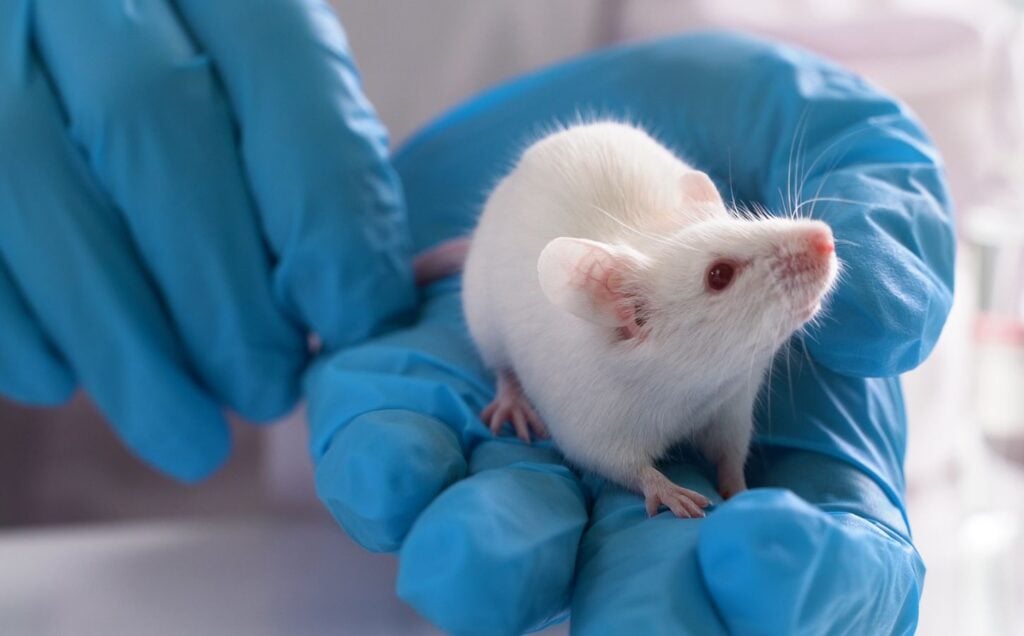Emily Rose-Martin, a graduate from the UK’s University of Exeter, has discovered a method for creating cells similar to human brain neurons (which act as information transmitters) for use in scientific research.
The breakthrough means that conventional testing methods, which often use rodent brain cells, won’t be needed. This could saving animal lives and remove ethical quandaries from research projects.
Rose-Martin made her discovery while participating in the 2022 Animal Free Research UK Summer Studentship Programme. The course gives newly qualified scientists the opportunity to consider the importance of non-animal testing methods in the treatment of human diseases.
Rose-Martin pinpointed a way to create cells that are more similar to human brain neurons than rodent ones. Her research has been published in pharmacy journal Frontiers in Pharmacology.
Replicating human neurons
Looking specifically at the cells that are affected by common conditions, including autism, Rose-Martin was focused on glutamatergic neurons. These are regarded as extra-special brain cells, capable of boosting the effectiveness of other neurons and having a major impact on our ability to communicate and carry out everyday functions.
Previously, neuroscientists have struggled to progress their brain disorder research. This was due to an inability to convert human brain cells into valuable glutamatergic variations. Rose-Martin has discovered a way to do exactly this, without the use of any animal-derived components.
Lead researcher Professor Asami Oguro-Ando considers the breakthrough to be significant. It could mark a potential bridge to faster and more cost-effective development of brain disorder treatments.
“Emily’s cell model offers neuroscientists a new tool to study the function of glutamatergic neurons in healthy brain function and how this goes wrong in brain diseases or disorders,” she said in a statement.
“This model is also highly cost-effective, allowing scientists to generate large numbers of neuronal cells that can be used to test the safety of drugs or new treatments on neurons in pharmacological toxicity studies.”
Limitations of animal testing
Aside from the ethical issues, research is increasingly highlighting the validity of animal tests.
According to Cruelty Free International, 92 percent of drugs deemed safe in animal tests fail in human trials. Because of this, animal rights campaigners and consumers are demanding that alternative testing methods be introduced.
Some businesses and institutions have taken recent steps to move away from animal tests. The US Department of Transportation announced in August that it will no longer require animal skin tests. These were previously performed ahead of chemical transports.
Air France and Egypt Air have also stopped transporting monkeys for testing purposes. This came after intense lobbying from animal welfare activists.
Rose-Martin’s neuron breakthrough has the potential to save countless rodent lives by making a humane testing standard the default option.
“It’s so exciting to be a key part of a team to have made a discovery that can really contribute to science, so soon after graduating,” Rose-Martin said in a statement.
“I’m incredibly proud that this new model system could be a valuable tool for neuroscientists. I hope it will accelerate the development of new therapeutics to help people affected by brain disorders better manage their symptoms and improve their quality of life.”






